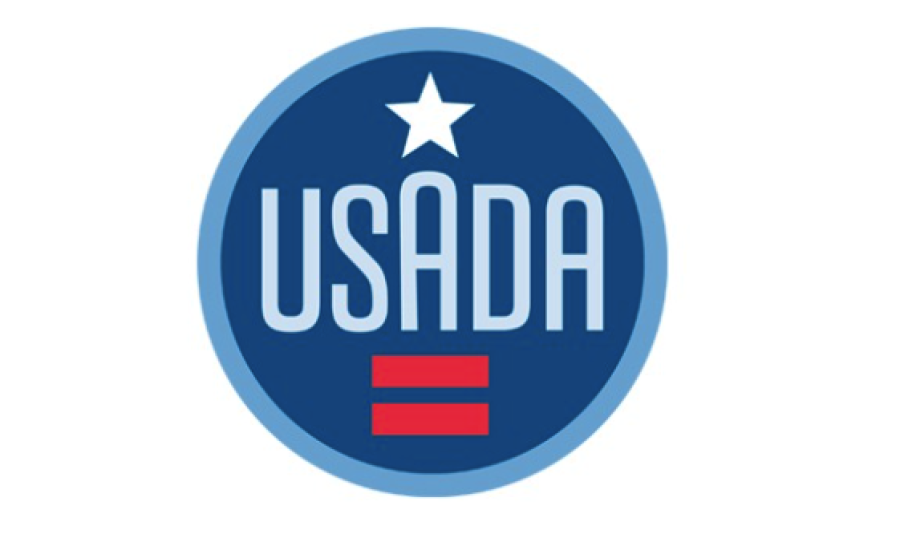AAA Arbitrator Imposes Four-Year Sanction on Weightlifting Athlete James Nelson for Anti-Doping Rule Violation
USADA announced today that an independent arbitrator from the American Arbitration Association (AAA) has concluded the case of weightlifting athlete James Nelson, of Fort Worth, Texas, and has determined that Nelson should receive a four-year sanction for his anti-doping rule violation. The decision comes after the facts of the case were presented and fully argued at an evidentiary hearing on June 10, 2021.
Nelson, 47, tested positive for a long-term metabolite of dehydrochloromethyltestosterone (DHCMT), known as DHCMT M3, as the result of an in-competition drug test conducted at the American Open Series 3 on September 20, 2020. DHCMT is a Non-Specified Substance in the class of Anabolic Agents and is prohibited at all times under the USADA Protocol for Olympic and Paralympic Movement Testing, the United States Olympic and Paralympic Committee National Anti-Doping Policy, and the International Weightlifting Federation Anti-Doping Rules, all of which have adopted the World Anti-Doping Code and the World Anti-Doping Agency (WADA) Prohibited List.
Nelson’s four-year period of ineligibility began on October 23, 2020, the date his provisional suspension was imposed. In addition, Nelson has been disqualified from all competitive results obtained on the date of his positive test, September 20, 2020, through the date of provisional suspension, October 23,2020, including forfeiture of any medals, points and prizes.
The arbitrator’s award, as well as other arbitral decisions, may be found here.
In an effort to aid athletes, as well as support team members such as parents and coaches, in understanding the rules applicable to them, USADA provides comprehensive instruction on its website on the testing process and prohibited substances, how to file and update athlete Whereabouts, how to obtain permission to use a necessary medication, and the risks and dangers of taking supplements, as well as performance-enhancing and recreational drugs.
The original article can be found here.




